Your cart is currently empty!
Between Kyiv and Constantinople
This study examines the life and writings of Oleksander Lototsky (1870–1939), who served as minister of religious affairs in the government of Hetman Pavlo Skoropadsky (1918). Lototsky contributed greatly to the proclamation of the autocephaly of the Ukrainian Orthodox Church and, as Ukraine’s ambassador to Turkey in 1919–20, strove to gain official recognition of the […]
In stock
Description
This study examines the life and writings of Oleksander Lototsky (1870–1939), who served as minister of religious affairs in the government of Hetman Pavlo Skoropadsky (1918). Lototsky contributed greatly to the proclamation of the autocephaly of the Ukrainian Orthodox Church and, as Ukraine’s ambassador to Turkey in 1919–20, strove to gain official recognition of the church from the Orthodox Patriarchate of Constantinople. Although political circumstances doomed his initiative, Lototsky did not waver in his commitment, and the scholarly research that he accomplished in Warsaw during the interwar period laid a firm intellectual foundation for the church’s claim to autocephaly. The Ukrainian Orthodox Church, whose origins go back to the times of Kyivan-Rus’, has played a fundamental role in the history of the Ukrainian people. The spiritual tradition of Kyivan Christianity, preserved through the centuries and brilliantly revived in the seventeenth century, inspired the flowering of Ukrainian culture and Cossack statehood in the early modern period. Subordinated to Moscow in 1685, the Ukrainian Orthodox Church strove to maintain its identity and reassert its independence. Since its revival during the Ukrainian Revolution (1917–21), the church has aspired to the recognition of its autocephaly—independent status within the world Orthodox community. See Volodymyr the Great (Valdamar, Volodimer, Vladimir), Christianization of Ukraine, Saints Borys and Hlib, Bishop, Bible, and Apostle in the Encyclopedia of Ukraine.
Additional information
| Weight | 0.5 kg |
|---|---|
| Dimensions | 23 × 15.5 × 2 cm |
| Author | |
| Format | Paperback |
| Language | English |
| Year Published | 2009 |
Only logged in customers who have purchased this product may leave a review.
You may also like…
-
Sale!
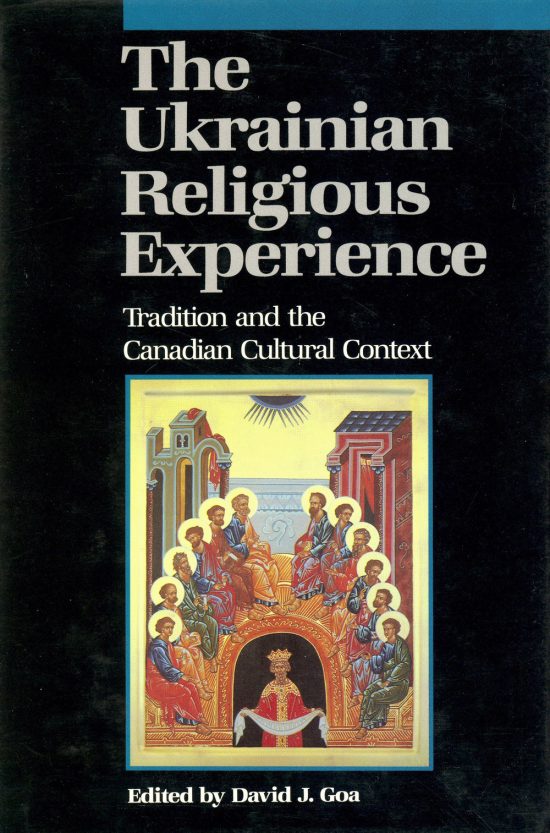
The Ukrainian Religious Experience
Original price was: $44.95.$24.95Current price is: $24.95. Add to cart -
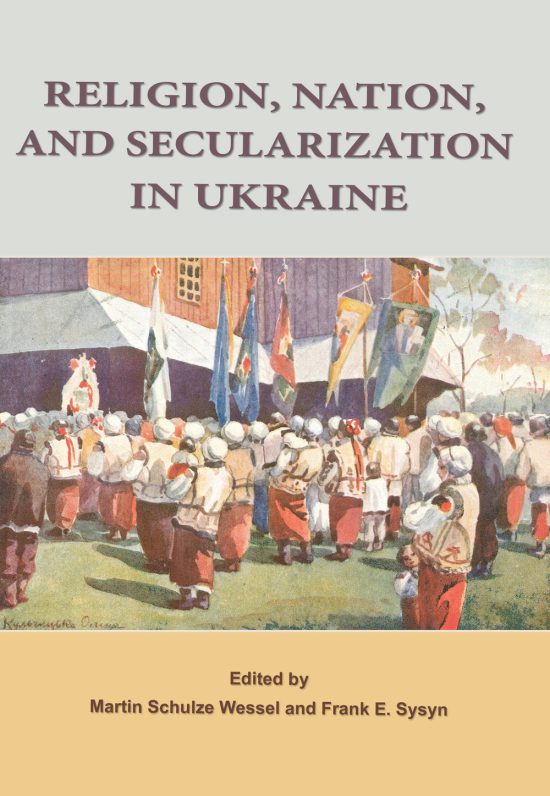
Religion, Nation, and Secularization in Ukraine
$24.95 Add to cart -
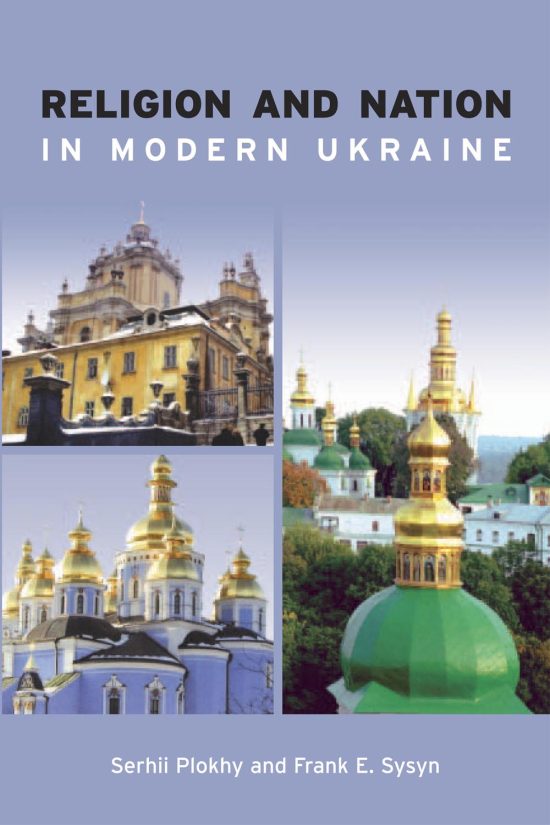
Religion and Nation in Modern Ukraine
Price range: $39.95 through $54.95 Select options This product has multiple variants. The options may be chosen on the product page -
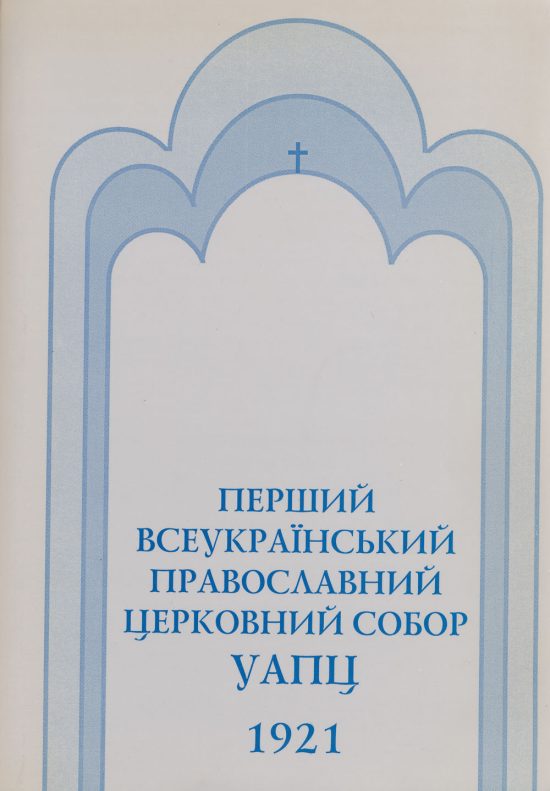
Перший Всеукраїнський Православний Церковний Собор УАПЦ: 14-30 жовтня 1921 року
$42.95 Add to cart
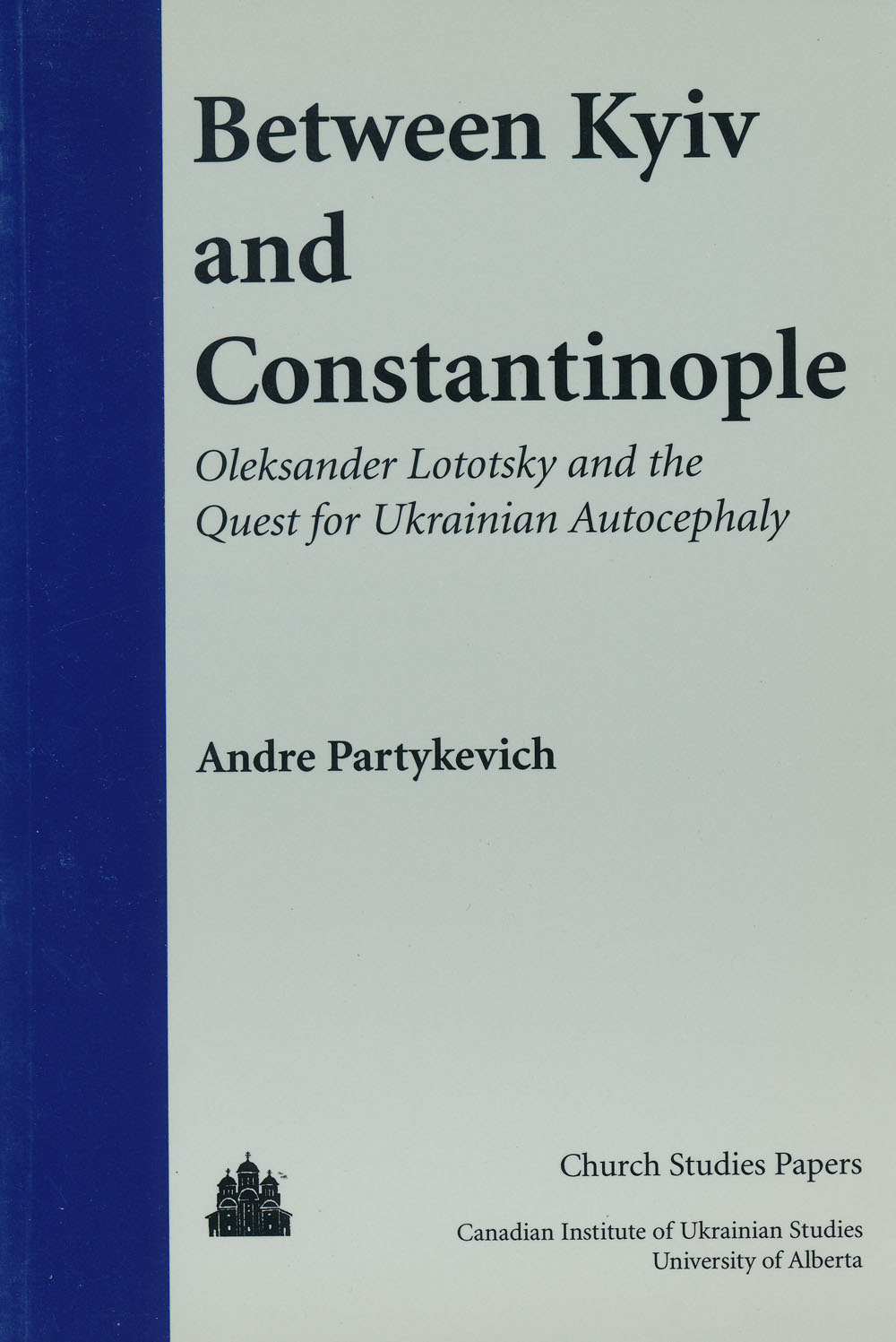
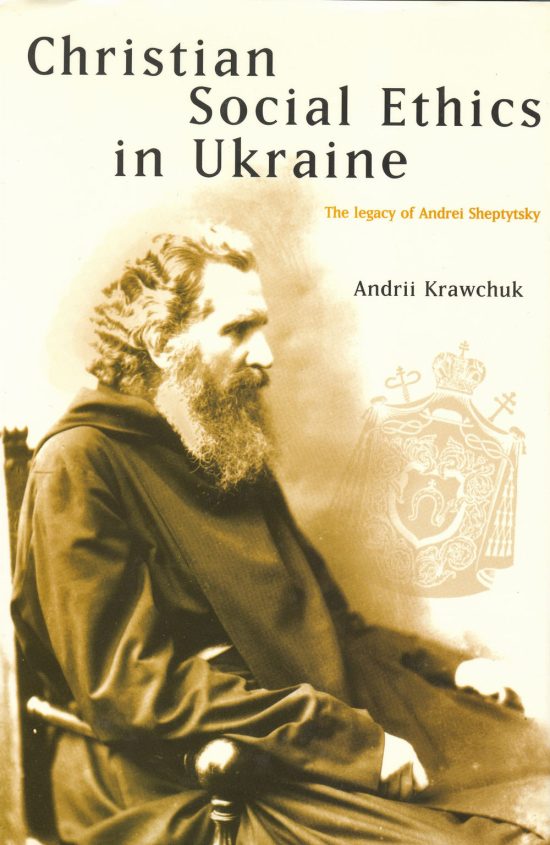
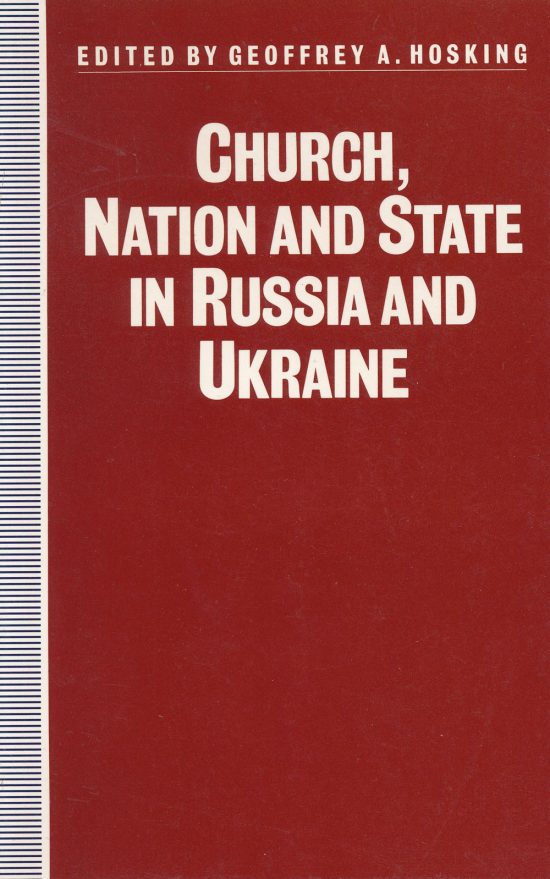

Reviews
There are no reviews yet.